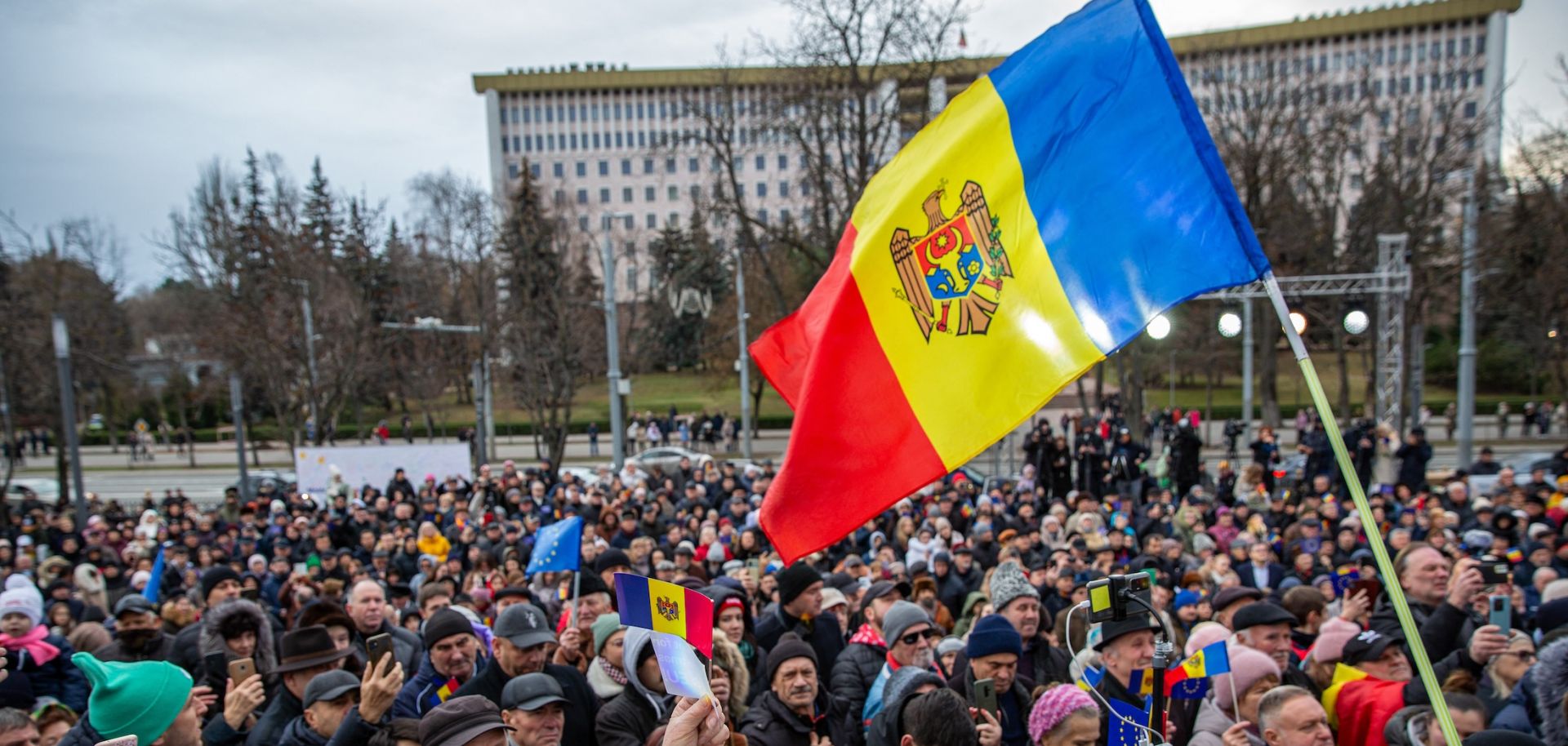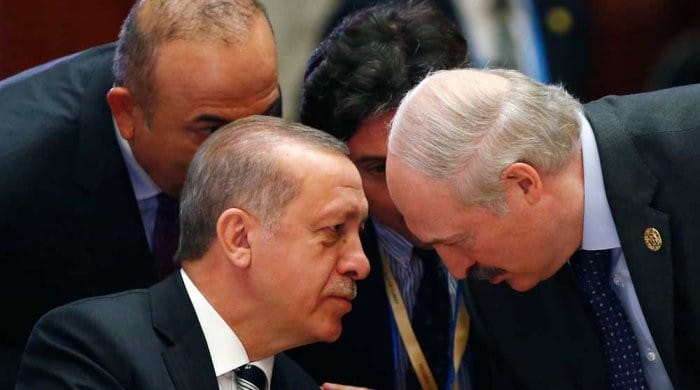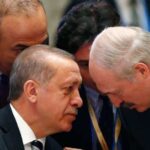Four leftist pro-Russian parties in Moldova have announced their unification into a joint electoral bloc aimed at ousting the pro-European government ahead of the parliamentary elections scheduled for 28 September. The move marks a significant escalation in the ongoing geopolitical contest between Russia and the European Union over influence in Eastern Europe.
Moscow-linked alliance seeks to shift Moldova’s political course
At a press briefing on 22 July, leaders of the Socialist Party, Communist Party, Heart of Moldova, and Future of Moldova revealed their plans to run under a unified electoral platform tentatively named “For Moldova.” Prominent figures such as former President Igor Dodon, ex-leader Vladimir Voronin, ex-Bashkan of Gagauzia Irina Vlah, and former Prime Minister Vasile Tarlev openly declared their goal: to remove the current pro-Western government led by the Party of Action and Solidarity (PAS).
The unification of these factions, previously hindered by internal rivalries and personal ambitions, is reportedly the result of efforts orchestrated by Sergei Kiriyenko, first deputy head of the Russian Presidential Administration and an informal Kremlin supervisor of Moldova-related affairs.
Russian backing raises concern over election integrity
While Moldova’s law enforcement agencies have struggled to prove it, it is widely believed that the newly formed bloc is financially supported by the Kremlin through channels tied to fugitive oligarch Ilan Shor, a key pro-Russian figure in Moldovan politics.
The bloc “For Moldova” has categorically ruled out any post-election coalition with PAS. Instead, it aims to form a majority coalition with the “Alternative” bloc, led by Chișinău mayor Ion Ceban and former presidential candidate Alexandr Stoianoglo. Together, they hope to secure at least 51 seats in the 101-member parliament, enabling them to form a new government and reverse Moldova’s pro-EU trajectory in favor of closer ties with Russia.
Although “For Moldova” promotes an openly anti-Western stance, “Alternative” attempts to portray itself as neutral in foreign policy, despite past associations with Russia-friendly narratives.
EU-Moscow rivalry deepens as Moldova becomes regional battleground
The upcoming elections are unfolding against the backdrop of a broader geopolitical struggle. Moldova has become a focal point of competition between the EU and Russia for influence across Eastern and Southeastern Europe. The outcome of the September vote could have ripple effects in neighboring Ukraine and Romania, as well as throughout the Western Balkans.
A democratic success in Moldova’s EU integration efforts would send a powerful signal to other post-Soviet and Balkan states, reinforcing Brussels’ role as a regional stabilizer. Conversely, a Moscow-backed power shift in Chișinău could derail reforms, weaken regional security, and embolden Russian hybrid tactics elsewhere.
To counter potential Russian interference, the EU has scaled up its cyber defense support to Moldova, including the creation of a national cybersecurity agency and the training of officials ahead of the election. Meanwhile, Russia is believed to be coordinating an online disinformation campaign using bots, fake videos, and pro-Kremlin media to discredit President Maia Sandu and Moldova’s pro-European leadership.
Fears of post-election unrest grow
Western observers and Moldovan authorities remain alert to the possibility that Moscow may resort to destabilizing tactics if electoral manipulation fails. These could include orchestrated street protests or claims of voter fraud aimed at invalidating the election results.
Even if Russia’s strategy to reorient Moldova politically falters this autumn, analysts suggest that Moscow is unlikely to abandon its long-term campaign to undermine the country’s sovereignty and derail its European aspirations.
Strategic implications for the region
Moldova’s political future is now tied not only to domestic electoral outcomes but to the broader strategic contest reshaping Eastern Europe. Its ability to resist external pressure and maintain its European path will serve as both a test case and a potential blueprint for other vulnerable democracies navigating between East and West.













